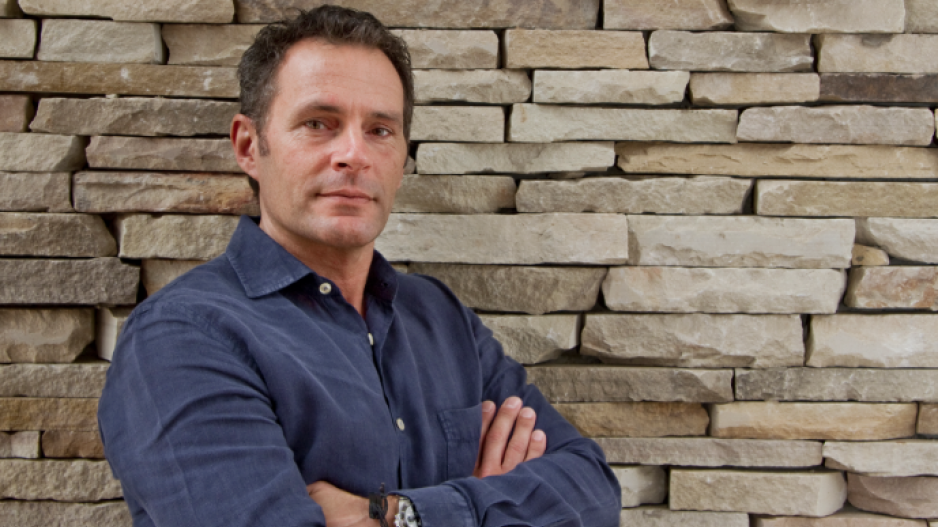Vancouver’s advertising landscape is being radically redrawn by the global trend of advertising agency consolidation and a wholesale shift to digital marketing.
Consolidation led to a rebranding earlier this summer.
Vancouver’s sixth-largest advertising agency, Dare Vancouver, last month rebranded as Camp Pacific in part to become better known as a new agency with digital advertising expertise.
The rebranding was also the result of a US$210 million private equity transaction that closed late last year in which Mill Road Capital sold 85% of the assets of its Vision7 International to Chinese public relations firm BlueFocus Communication Group.
Mill Road kept its Dare London operation and required the 45-person Dare Vancouver to rebrand to avoid any perception of being part of the same company.
Vision7’s Cossette, which is Vancouver’s fourth-largest advertising agency, was also part of the asset sale to BlueFocus.
Regardless of agency size, the sector is turning away from “traditional” print and radio advertising.
“The digital revolution has stirred things up, and there’s a lot of scrambling for a position on the raft,” said Wasserman + Partners principal Alvin Wasserman.
“The whole industry is going through a reset right now,” said John Hall, who spent about 15 years at Cossette and was a general manager.
Now director of marketing at Vancouver Film School (VFS), Hall was at Cossette in 2010, when the company spun off Dare Vancouver. Hall then became Dare Vancouver’s managing partner.
“The biggest thing is that everything is becoming digital,” he said. “It can require a different skill set and a different mentality.”
Hall added that the shift is spurring some advertising industry members to enrol in VFS’ one-year intensive digital design program.
Hall believes that the culture changed at Cossette and Dare after Mill Road bought the then-public Cossette in 2009.
He watched former co-workers at Cossette and Dare branch out to found smaller agencies such as Will Creative, Elephant Brands and 123w.
“The more ownership consolidates in a far-away place, the less in touch decisions are with the reality in Vancouver, which is a small market and requires a different set of skills or operating mentality and may not align with a head office in New York or London.”
Camp Pacific managing partner Derek Shorkey, a former CEO of Publicis Russia and Grey South Africa, views his firm’s international connections as a plus.
“We’re trying to put people in senior positions who have a strong commitment to life in the Vancouver marketplace but have a perspective that goes well beyond and have the ability to help us grow in other places as well.”
Shorkey agreed with Hall and Wasserman, however, that digital marketing has become dominant.
One recent Camp Pacific initiative, for example, was for Destination British Columbia and involved a virtual-reality headset to give travel agents at trade shows a sense of what it is like to be in B.C.
To explain how “everything is now bits and bytes,” Wasserman pointed to a typical campaign that his 20-year-old independent Vancouver-based firm did last December for MEC – one that involved a twist on the traditional concept of St. Nick.
The campaign’s common thread was a character, St. Nick, who had a greying beard but was far from the iconic concept of a fat Santa in a red suit.
Instead of having reindeer, the man, who was in tremendous shape, had rain gear.
Wasserman used digital photography for posters and in-store signage, which steered shoppers either to MEC’s website or to its St. Nick’s Instagram and Twitter profiles.
The firm made short movies of the character for YouTube and even shorter Vine-like clips for other social media.
“The rise of digital [marketing] gives you the opportunity to do seamless campaigns,” Wasserman said. “You also structure your agency so instead of departments and silos, everyone is working together in a way that is totally new. Instead of being like a relay race, it’s like a rugby scrum.” •




